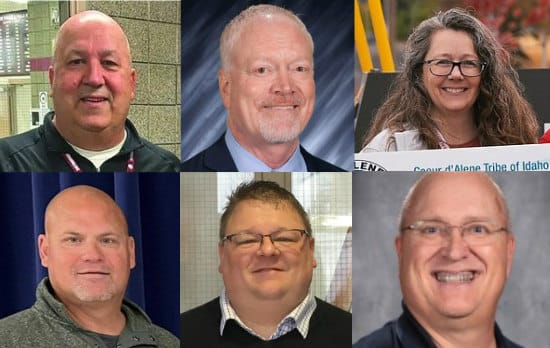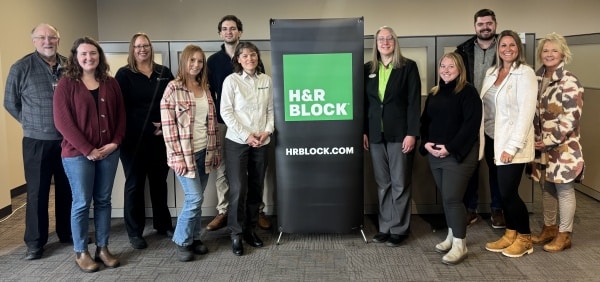By Warren Strandell – Polk County Commissioner District 2
It was probably about a year ago when the aging staff — these aren’t elderly people, rather just those good folks who work for the Dancing Sky Area Agency on Aging — invited the county commissioners who make up the board of directors of the Northwest Regional Development Commission to undergo a simulation of what people with dementia, specifically Alzheimer’s disease, are experiencing.
The exercise was a start to the agency’s Virtual Dementia Tour (VDT) program. For us, it started when staff placed headphones on us and ushered us separately into closed, dark rooms. Once there, we were given instructions by attending staff and through the headphones, too, all at the same time, about how the exercise was to proceed. To confuse the situation more all kinds of background noises were overriding everything.
Everything was going on at the same time. You couldn’t separate one thing from the other. You could make out parts of what was being said, but everything was overlapping, different sounds, descriptions that didn’t go anywhere. It was chaos; just noise and the noise didn’t end.
NO SENSE TO IT
In all of this, you were supposed to try to make sense of things, to report what had gone on in a debriefing. But absolutely nothing made sense.
Alzheimer’s is a terrible, terrible disease. It is hard to conceive that kind of thing going on in someone’s mind… in the mind of someone whose other body parts are in pretty good order. And, to know, too, that there is really no cure.
That dementia experience that was conducted in the Northwest Regional Development Commission office in Warren about a year ago was brought quickly back to mind recently when an educational piece from that same Senior LinkAge Line organization caught my attention. The printed document defined dementia as an illness “that affects the brain, causing cell death.” It said that there is no cure, that some 5 million people in the United States have dementia and that the number could go to 16 million by the year 2050.
A VDT session is not a test to determine if someone is susceptible to Alzheimer’s disease but is meant to provide a sampling of what dementia involves.
Adults should be concerned, of course. Those of us in the mature age category may wonder at times about our own status. We might wonder if we are in the early stages of the disease when it is actually only a part of the aging process.
“NORMAL” AGING
The information piece noted that “normal aging” includes forgetting names or appointments, making errors when balancing the checkbook, getting confused about what day it is, vision changes related to cataracts, having trouble finding the right word, making a bad decision once in a while, feeling weary of work and social obligations, needing help with the settings on the microwave or to record a television show, becoming upset when a routine is disrupted, misplacing things and having to retrace steps to find them, and many more daily life occurrences.
If you’ve done those things at times, you probably don’t have a lot to worry about.
Things that might be of concern, however, are when memory loss disrupts daily life, when there are real challenges in planning or problem solving, if there is difficulty in completing familiar tasks, losing track of dates and seasons, trouble understanding why something is not happening, difficulty reading, judging distance, determining color, and other things that go beyond the normal hang-ups.
Hopefully, it is only those “normal” things that make you wonder.
P.S. — Should you want to see the full dementia document or receive additional information, contact the Dancing Sky Area Agency on Aging at (218) 745-6733. They would welcome hearing from you.
THOUGHTS FOR THE DAY
I’ve learned that when a newly born grandchild holds your little finger in his fist that you are hooked for life. — Andy Rooney
I don’t have gray hair. I have wisdom highlights.
Disclaimer: Thoughts expressed in this column are those of the author and are not necessarily a reflection of the opinions of the other members of the Polk County Board of Commissioners
Tags:



